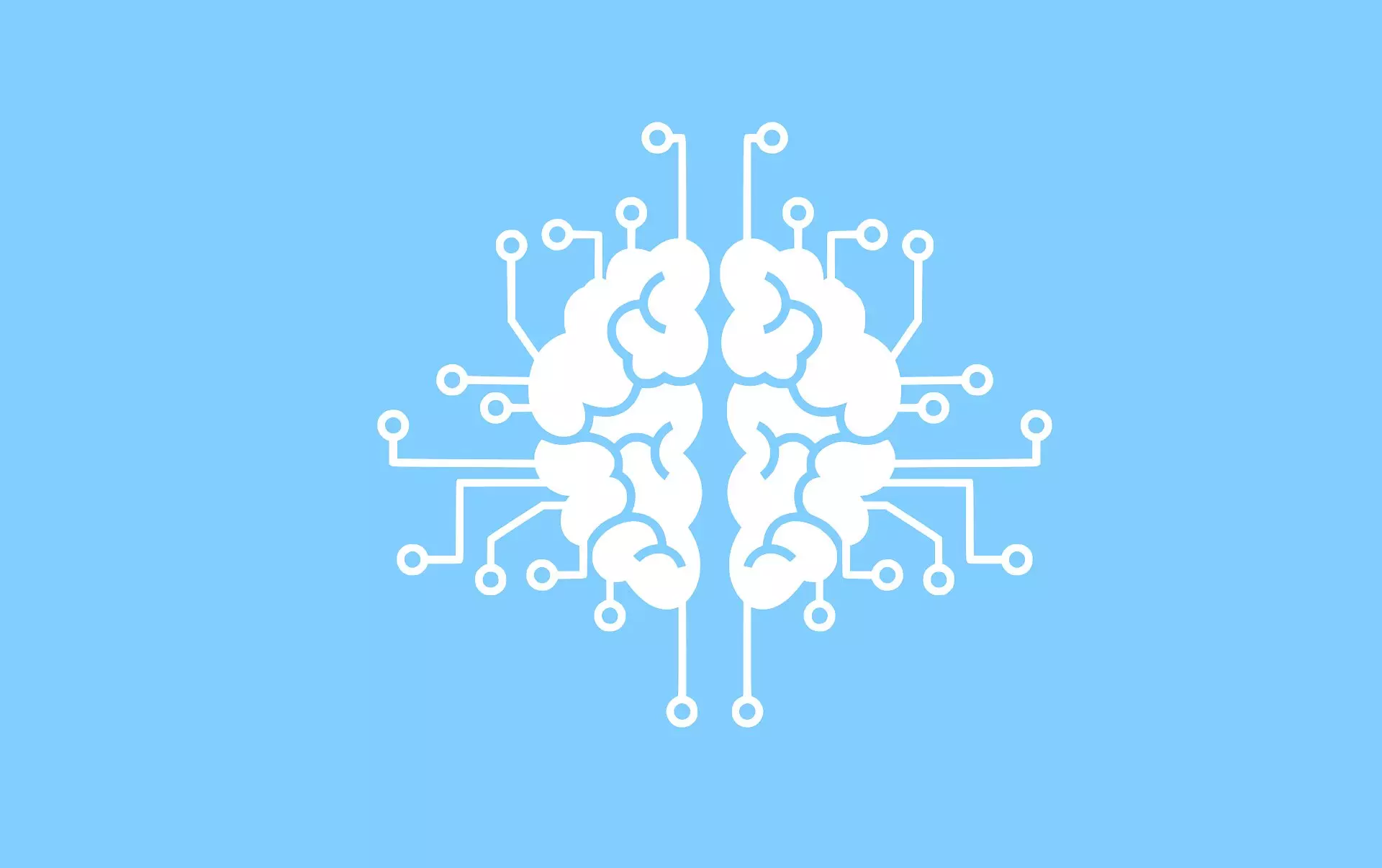In the world of computer science, the concept of bipartite matching is a crucial algorithmic problem that has a wide range of applications. From rideshare services to medical residency programs, the ability to pair entities in an optimal way is essential for maximizing efficiency and satisfaction. Cold Spring Harbor Laboratory Associate Professor Saket Navlakha has made significant strides in improving bipartite matching algorithms by drawing inspiration from the biological process of neural system wiring.
Navlakha’s research drew a parallel between the nervous system’s wiring and the concept of bipartite matching. In the nervous system, each muscle fiber is paired with a neuron for efficient movement control. Initially, multiple neurons target each fiber, but through a competitive process using neurotransmitters, the optimal pairing is achieved. This process of competition and reallocation of resources intrigued Navlakha and led him to develop a novel algorithm based on this biological phenomenon.
The algorithm devised by Navlakha relies on two fundamental equations: competition between neurons targeting the same fiber and the reallocation of resources based on neurotransmitter “bidding.” By simulating the neural system’s competitive process, the algorithm optimizes the bipartite matching problem in a way that outperforms existing methods. Published in Proceedings of the National Academy of Sciences, Navlakha’s algorithm has demonstrated remarkable efficiency and effectiveness in various applications.
One of the key advantages of Navlakha’s neuroscience-inspired algorithm is its ability to preserve privacy. Unlike traditional bipartite matching systems that require central servers to process information, this distributed approach allows for greater privacy protection. From online auctions to donor organ matching, the algorithm offers a secure and efficient solution for diverse applications. Additionally, the algorithm’s performance in creating near-optimal pairings leads to reduced wait times for rideshare passengers and ensures that fewer entities remain unmatched.
Navlakha envisions a wide range of potential applications for his novel algorithm beyond its current scope. With its proven success in bipartite matching, the algorithm has the potential to revolutionize various industries by providing efficient and privacy-preserving solutions. Navlakha hopes that other researchers and developers will leverage his algorithm to create custom tools tailored to specific needs. By bridging the gap between neuroscience and computer science, Navlakha’s research opens the door to innovative approaches for solving complex problems in artificial intelligence.
Saket Navlakha’s groundbreaking work in developing a neuroscience-inspired algorithm for bipartite matching has significant implications for various fields. By leveraging biological principles to optimize algorithmic processes, Navlakha has demonstrated how interdisciplinary research can lead to innovative solutions. As the algorithm continues to be refined and adapted for different applications, the potential for improved efficiency, privacy, and overall effectiveness remains boundless.


Leave a Reply